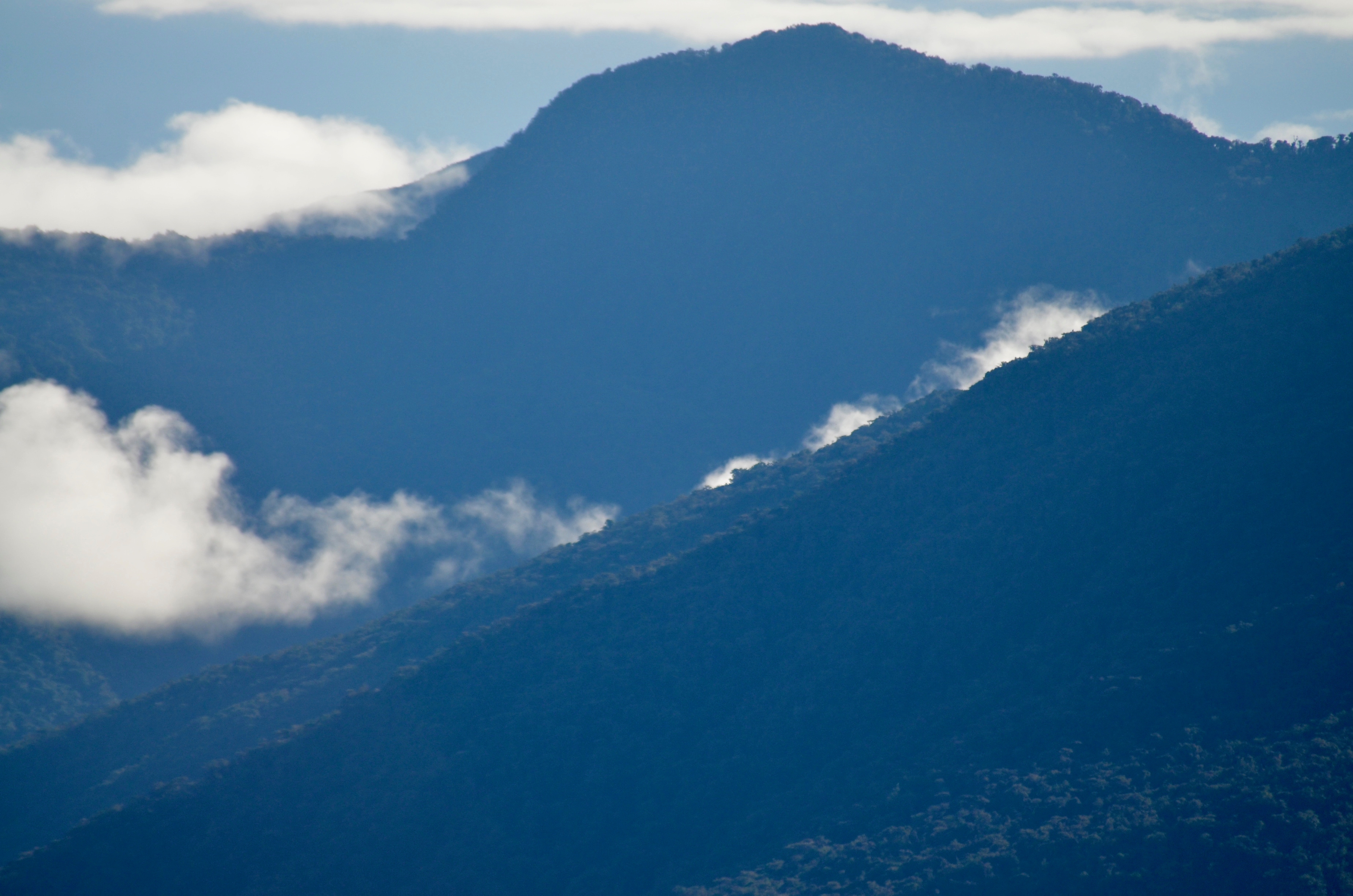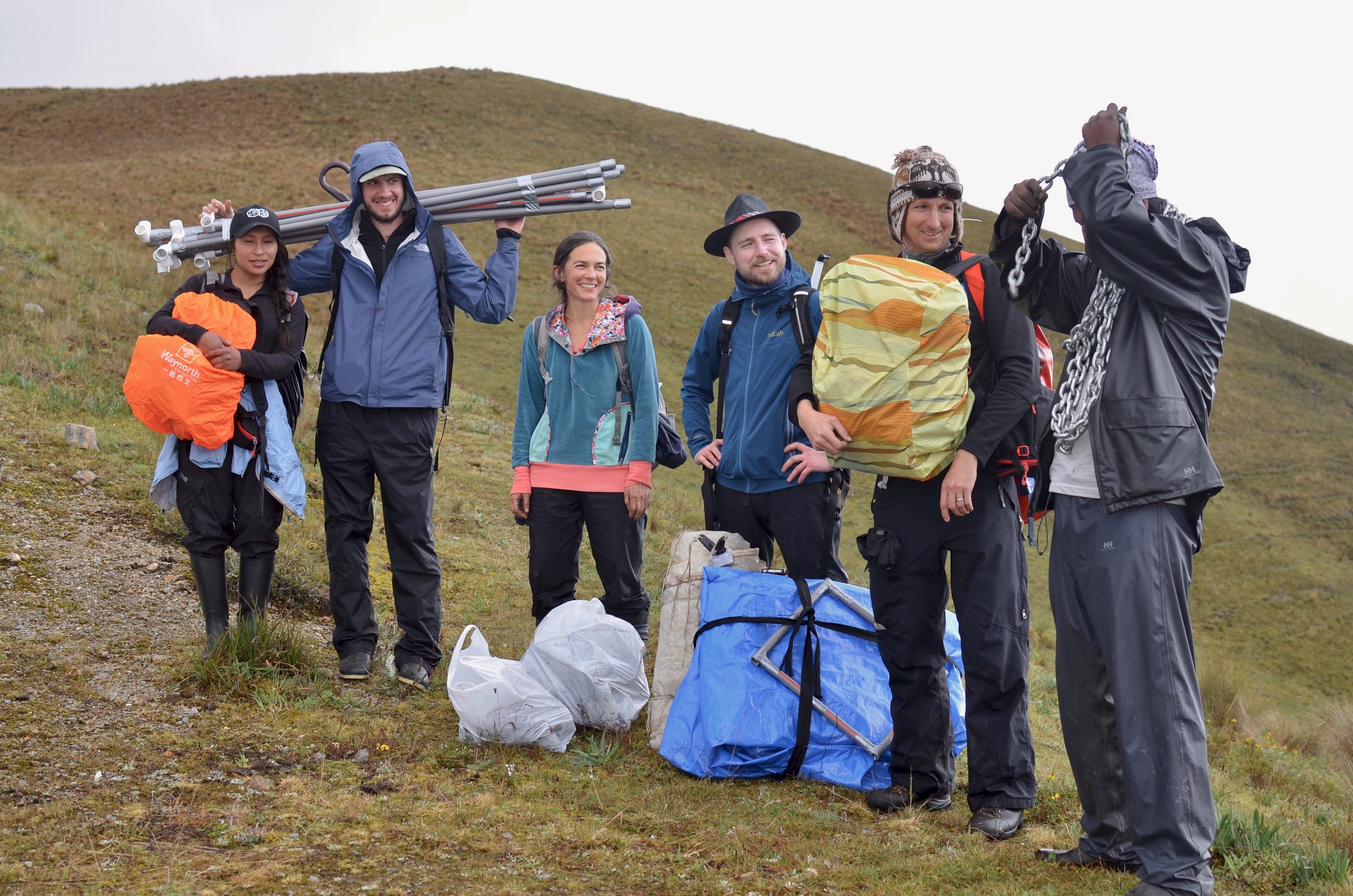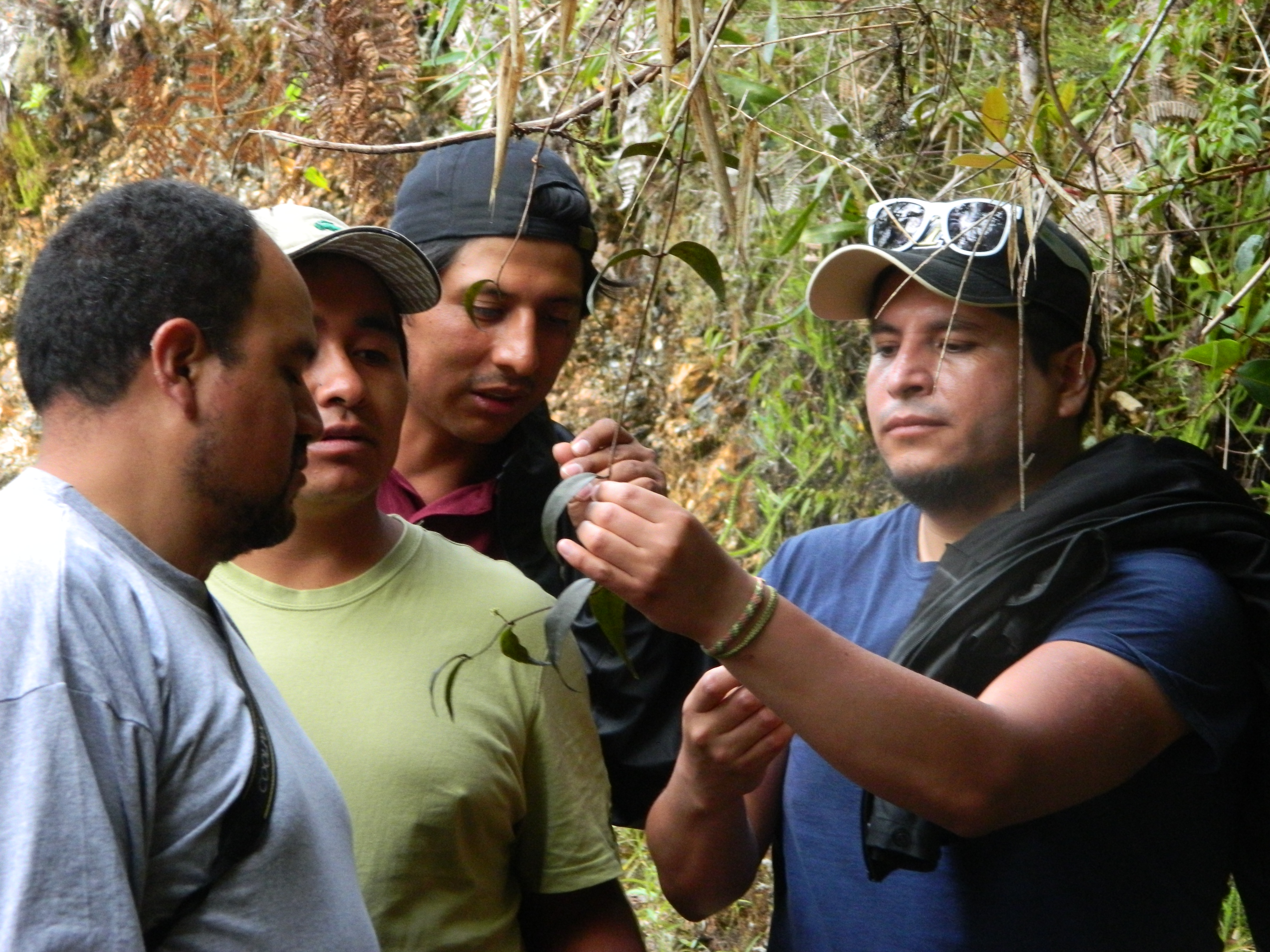Hello lovely members of PFTC 3!
I hope you are all fine. After some days travelling in Perú I have arrived to Uruguay. In south hemisphere we were starting the scholar and working year, so many pending activities were waiting for me when I returned! I immediately wanted to be back in the peaceful Peru surrounded by mountains…

My goals for the course were to acquire the skills necessary to design the plants traits sampling of my doctoral project and carry it out successfully; and to acquire tools for the quantification of ecosystem functions related to the plant traits. I think I realized this goals completely. In fact, this days I’m writing a project that focuses exclusively in measuring plant functional traits and ecosystem functioning in the pond plants. This supposes some challenges because this is an aquatic system, but I´m applying much methodology I learned in the course. The proposal of this project is to apply for founding to buy a ecosystem flux measure machine among other things. This means that in my research group we are starting a new way to answer some of our questions which will improve our results. So, through the new tools acquired in the course, I feel that I am making a contribution to my work group and my professional develop, which makes me feel confident and optimistic. On the other hand, I wanted to learn with trained and experienced professionals, and to have the possibility to exchange experiences with colleagues in the field of functional ecology, that was new for me. This goals were completely achieved, since there was a very fluid communication within the group.


About myself, in an academic sense, I found out that in general I’m doing it right in this stage of my career. This is an important learning, being self confident when you know what are the fundamentals of your research. In addition, I was able to reaffirm how much I like to work in a team, the more diverse the better, it was really fun and enriching!!
 Surveying people in Perú was easier than I thought at the beginning of the work. Some people were a bit reticent and did not want to answer the surveys, in some cases because they were in a hurry (especially in Cusco), in others because they felt embarrassment or something like that (especially in Paucartambo). But most of the people was very kind and friendly and answered the questions in a simple way. They were interested in give their opinion about climate change, and environmental problems in general. Despite speaking in Spanish, I felt that the differences in language and social and cultural in general with Peruvians were meaningful, so I had to «translate» from Spanish to Spanish to make sure that the essence of the questions was kept. There was a general tendency not to stick to the questionnaire strictly, in terms of the order of the questions, for example, but rather to express their opinions freely. This happened because the questions themselves worked as triggers for them to give their opinions or examples, which led them to respond in advance to questions that came later in the questionnaire. The questions that separated «my opinion», «my family’s» and «my friends'» opinions did not seem to make much sense to people. In general they responded that «it was the same», as if the questionnaire were redundant. Some questions were expressed in a to formal language or in a long form, and none of the people I interviewed wanted to read the questionnaire on their own, so I did it for them. I think I collected very interesting and valuable information.
Surveying people in Perú was easier than I thought at the beginning of the work. Some people were a bit reticent and did not want to answer the surveys, in some cases because they were in a hurry (especially in Cusco), in others because they felt embarrassment or something like that (especially in Paucartambo). But most of the people was very kind and friendly and answered the questions in a simple way. They were interested in give their opinion about climate change, and environmental problems in general. Despite speaking in Spanish, I felt that the differences in language and social and cultural in general with Peruvians were meaningful, so I had to «translate» from Spanish to Spanish to make sure that the essence of the questions was kept. There was a general tendency not to stick to the questionnaire strictly, in terms of the order of the questions, for example, but rather to express their opinions freely. This happened because the questions themselves worked as triggers for them to give their opinions or examples, which led them to respond in advance to questions that came later in the questionnaire. The questions that separated «my opinion», «my family’s» and «my friends'» opinions did not seem to make much sense to people. In general they responded that «it was the same», as if the questionnaire were redundant. Some questions were expressed in a to formal language or in a long form, and none of the people I interviewed wanted to read the questionnaire on their own, so I did it for them. I think I collected very interesting and valuable information.
Most people accept that the planet is warming, and that this is largely being caused by human activities. Some people did not have much «objective» information in terms of numbers or statistics, but they had a perception that climate is changed based in personal observations related to their daily activities, for example, potato plantations in the field, or hotter days in the city. Other people (specially professors, that I interviewed in a high proportion), were ore objectively informed, and made emphasis in the importance of education as an important tool to mitigate climate change.
Unfortunately, there is research about climate change perception in general population in Uruguay, although there is for some particular sectors such as agriculture. I think it would be very interesting to study and analyze quantitatively this topic, to construct more efficient management plans in my country.
PFTC-3 was a very enriching experience, I remember you all fondly (Peru included) and I hope we will see each other again in some activity related to functional traits, or to travels; and I hope we continue working together with the data we collected in the course.